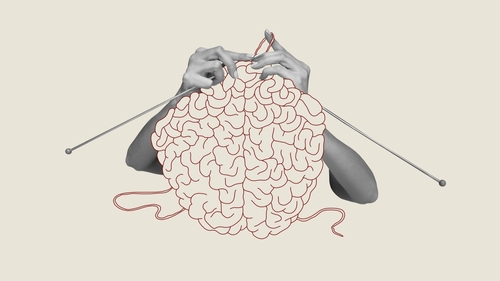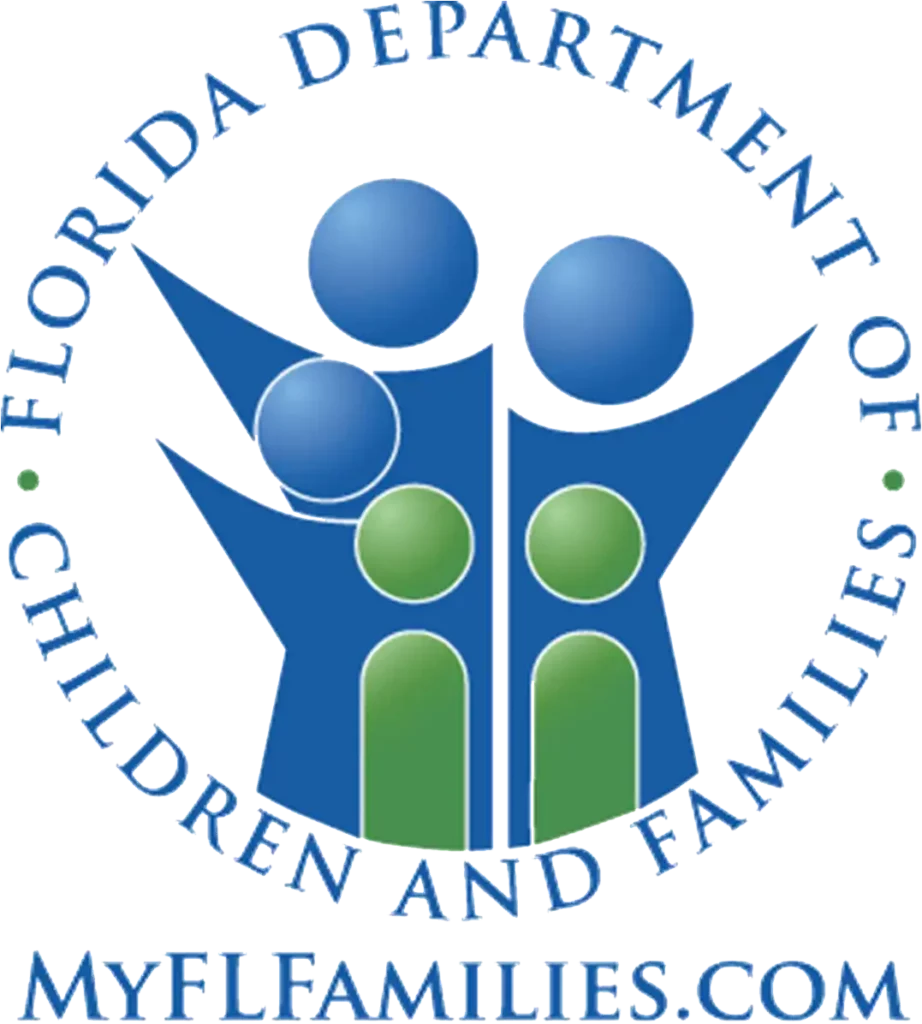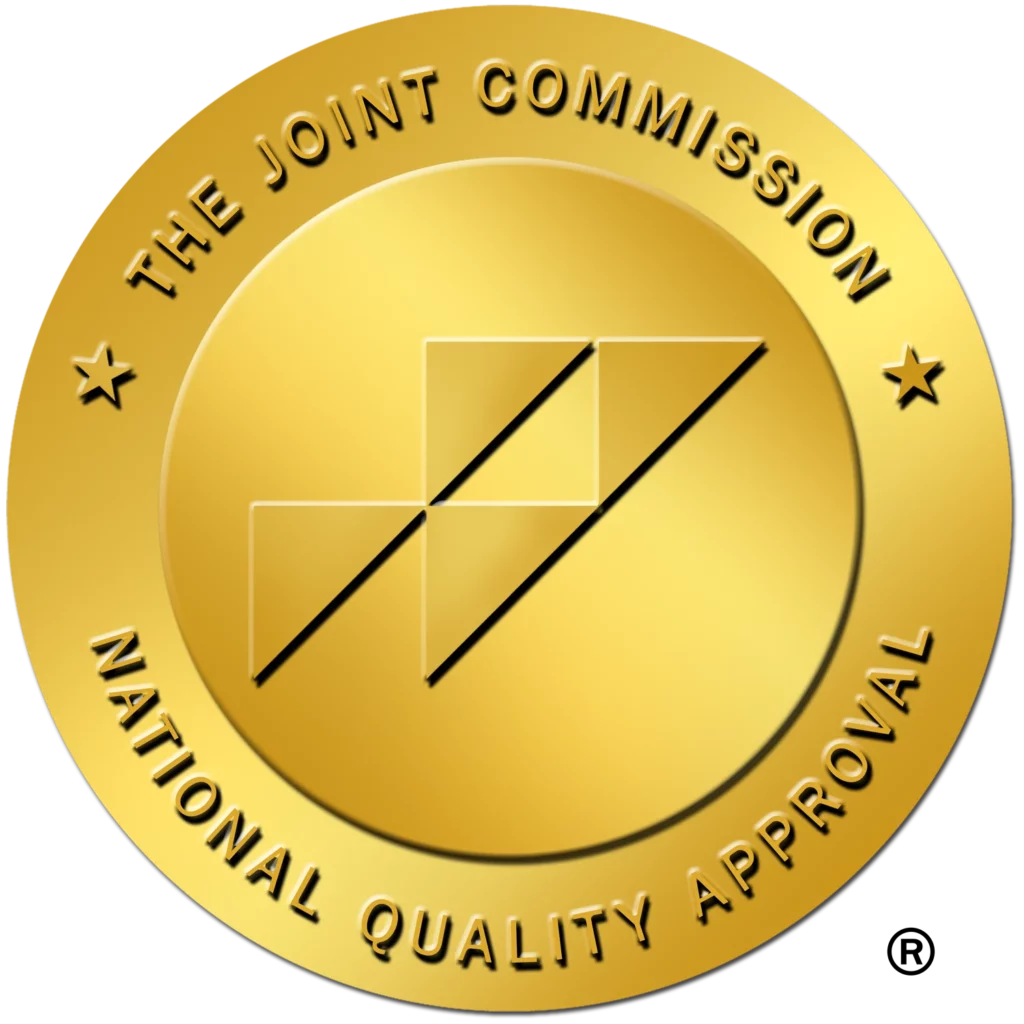How to Help a Veteran with Addiction
This entry was posted in Addiction Recovery, Alcohol Rehab, Drug Rehab and tagged how to help veterans with addiction, veterans substance abuse, veterans with addiction on November 11, 2021 by Justin Baksh, MS, LMHC, MCAP, Chief Clinical Officer.

Veterans deserve and have earned our respect. Their sacrifice is not just representative of their time on the battlefield. It’s their dedication to physical and mental training that many of us would not be able to take on. It’s also the commitment and sacrifice they make as they are away from their family for months or years at a time. They travel throughout the world to protect our freedoms and are ready to go at a moment’s notice to fight for us. That commitment is not required in any capacity other than the military.
While the military life is extremely commanding, civilian life has its own challenges. For men and women leaving the military, the challenges of adjusting back to civilian lifestyle can be staggering. Many succumb to the pressures, turning to substance abuse to help with the adjustment. It’s a common story – something that tens of thousands of veterans have struggled with.
Practical Ways to Help a Veteran with Drug or Alcohol Addiction
Addiction is never an easy battle. However, it can be even more of a challenge with veterans because of their experiences while in the military. Similarly, family and friends struggle with finding ways to help their loved ones trapped in the addictive cycle. Some may be unsure of how to even address addiction, whether it be to alcohol or drugs.
Thankfully, there are many subtle things that can make a world of difference. You don’t always have to look for big changes. The little things count as well. Below are some ideas on how to approach the situation and generate a more fruitful experience.
- Speak with other veterans – No one is going to know what your loved one has gone through like other veterans. These men and women understand the challenges our military experience and how it impacts them every day, in physical and mental ways. They may have ideas on how they’ve kept themselves healthy and can share experiences with their battles with addiction. Their guidance and insight could make all the difference for your veteran.
- Do not try to relate, but be empathetic – Sometimes even well-intended statements can miss the mark. (Such as, “I know what you mean” or “Be thankful you don’t have these problems.’). The reason is that, many times, military veterans have gone through things we cannot fathom. And, many times, others in their lives will not be able to relate… but that is okay. You can empathize by saying things such as, “I can’t imagine what you’re going through, but I’m here to help in any way I can.” Oftentimes, it’s not the words we say that provide encouragement. It’s simply our presence and our desire to understand that makes a difference.
- Research programs available for them – and you – Dozens of programs have been created to assist veterans with their struggles returning home to a civilian life. Often, these resources are managed by individuals who understand these challenges and the need for immediate attention first-hand. Whether it’s therapy, rehabilitation, or something else, these programs are specifically designed to help a veteran with addiction. They can also provide you with the support and resources needed to maintain your mental health. This, in turn, can make a greater impact on your loved one’s battle. You can start by searching for a qualified addiction treatment center that accepts TRICARE. If your loved one is not covered by TRICARE, try your local Veteran’s Administration center.
- Help them create structure – One of the biggest reasons military personnel struggle with home life is because of the lack of structure. When you are in the military, you know what you are doing each day, when it needs to be done, and how long it should take. In the regular world, it’s the exact opposite: Each day can be a blank canvas. This freedom can lead to mistakes like substance abuse. Creating a routine will help support a balanced and healthy lifestyle.
- Reduce downtime – Again, veterans can struggle with finding structure and stability in their lives when they return home. Work is a great start, but there are other things they can add to their schedule to improve their lifestyle and stay busy. Downtime leads to bad decisions. While that doesn’t mean working 100 hours a week, it does mean that there needs to be a balance between rest/relaxation and recreational enjoyment which keeps them busy and healthy. This includes work as well as night and weekend activities which minimize free time for a veteran with addiction and offer the opportunity to stay busy. This is also good advice for anyone struggling with addiction and has been proven to work very well.
- Seek online support – Look for support groups on social media and throughout the web. They can offer immediate assistance as well as give you the opportunity to discover how to get your loved one some impactful help. At those odd moments throughout the day, times when sleep is elusive, or if illness or bad weather prevents access to real world support, these online sources can be an invaluable lifeline.
- Avoid unneeded stress – We all have stress in our lives. Unfortunately, you cannot protect someone from that. However, some stress can be avoided. An example would be running late in the morning. Going to bed earlier so that you can wake up earlier can prevent this situation (and its stress). It sounds simple, but it works. Finding ways to reduce stress is important. Most addiction relapses occur because the person felt stressed and was looking for an escape. Reduce stress as much as possible to help your veteran with addiction.
Words to Remember
As you begin your research, keep in mind that addiction is a disease. It is not the fault of your loved one that they are going through this battle, and it’s not your fault, either. However, they do need your assistance. While you may not be able to walk next to them throughout the entire journey, you can help them start on it.
Thankfully, after years of these battles going unnoticed, there are now thousands of resources available to veterans with addiction and those who love them. There are also amazing men and women with experience on both sides of this battle. They can navigate you through the process of getting your loved one the help they desperately need as well.
Know that there are things you can do to help your veteran with addiction – and it begins with reaching out for help yourself.










